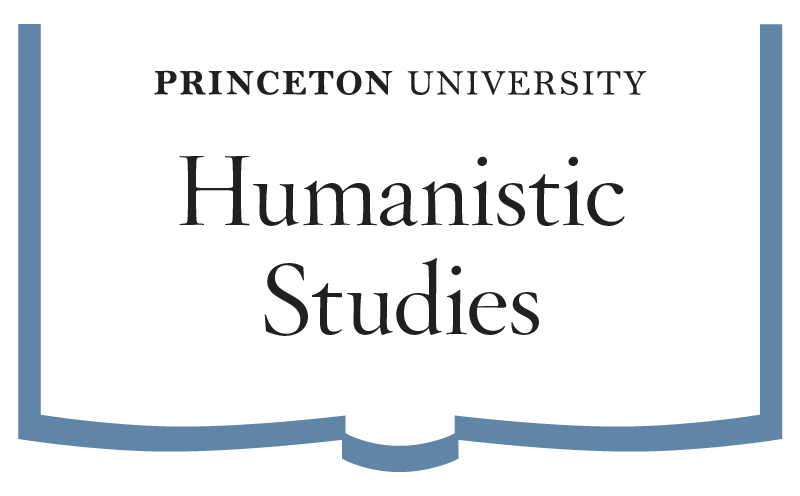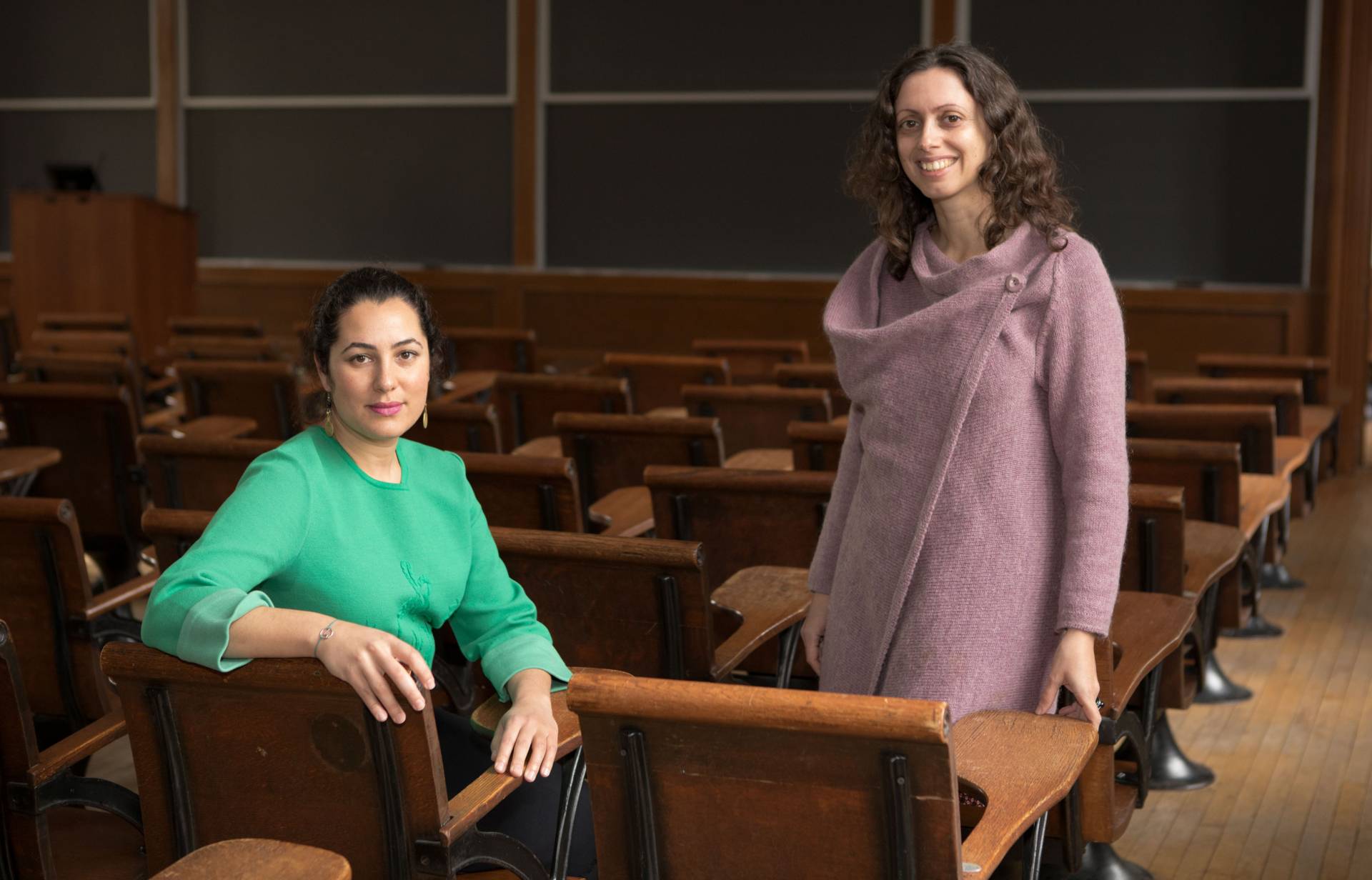Humanistic Studies is home to team-taught, interdisciplinary courses instructed across departments and divisions. These courses examine larger questions and major texts, building bridges either within the humanistic disciplines or across the humanities, creative arts, social sciences, and natural sciences.
Such courses are developed through grants from the Humanities Council, which support related activities such as field trips, materials, and guest speakers.
These courses fulfill a requirement in the Humanistic Studies minor, which is open to undergraduates of diverse disciplinary backgrounds, including those who are majoring in the social sciences, natural sciences, and engineering who also have a serious and longstanding interest in the humanities.
Examples of Team-Taught Seminars
Abandoned Women, Denis Feeney (Classics) and Wendy Heller (Music)
Adventures in Ideas, Robert George (Politics) and Cornel West (Religion)
Animal Music; Asif A. Ghazanfar (Psychology) and Gavin Steingo (Music)
Arts in the Invisible City: Race, Policy, Performance, Nyssa Chow (Theater) and D. Vance Smith (English)
Battle Lab: The Battle of Princeton, Nathan Arrington (Art and Archaeology) and Rachael DeLue (Art & Archaeology)
Bio/Ethics: Ancient and Modern, Brooke Holmes (Classics) and Joseph Fins, M.D. (Humanities Council)
Counterworlds: Innovation and Rupture in Communities of Artistic Practice, Brigid Doherty (Art & Archaeology, German) and Josephine Meckseper (Humanities Council)
Digging for the Past: Archaeology from Ancient Greece to Modern America, Anthony Grafton (History) and Suzanne Marchand (History)
Empathy and Alienation: Aesthetics, Politics, Culture, Brigid Doherty (Art & Archaeology, German) and Spyros Papapetros (Architecture)
Excavate/Illuminate: Creating Theater from the Raw Material of History, Catherine Young (Princeton Writing Program) and Arminda Thomas (Lewis Center for the Arts)
Heraclitus, Char and Heidegger; Daniel Heller-Roazen (Comparative Literature) and Sandra Bermann (Comparative Literature)
Historical Structures: Ancient Architecture’s Materials, Construction and Engineering, Branko Glisic (Civil & Environmental Engineering) and Samuel Holzman (Art & Archaeology)
How Literatures Begin, Denis Feeney (Classics) and Joel Lande (German)
How the Past Became History – East Asia and the Ancient Mediterranean, Nino Luraghi (Classics) and Federico Marcon (East Asian Studies)
Incarceration in Antiquity, Caroline Cheung (Classics) and Matthew Larsen (Religion)
Jesus and Buddha, Jonathan Gold (Religion) and Elaine Pagels (Religion)
Justice Then and Now, Josh Billings (Classics) and Moulie Vidas (Religion)
Literature as Data, Brian Kernighan (Computer Science) and Meredith Martin (English, Center for Digital Humanities)
Literature, History and Their Entanglements in the Western Tradition, Joel Lande (German) and Yair Mintzker (History)
Making Medieval Worlds: Methods and Materials, Sarah Anderson (English) and Janet Kay (Art & Archaeology)
Medical Story-Worlds, Elena Fratto (Slavic Languages and Literatures) and Tala Khanmalek (Gender and Sexuality Studies)
Medicine, Literature and the Visual Arts, Elena Fratto (Slavic Languages and Literatures) and Anna Arabindan-Kesson (African American Studies, Art & Archaeology)
Music and Language, Adele Goldberg (Psychology) and Elizabeth Margulis (Music)
Musical Theatre and Fan Cultures, Elizabeth Armstrong (Sociology) and Stacy Wolf (Lewis Center for the Arts)
Nature’s Nation Revisited: An Ecocritical History of American Art, Karl Kusserow (Princeton University Art Museum) and Alan Braddock (Humanities Council)
Persons, Selves, Fictions, Peter Brooks (Comparative Literature) and Brigid Doherty (German)
The Sound of Ovid’s Metamorphoses, Andrew Feldherr (Classics) and Wendy Heller (Music)
Voice, Jeff Dolven (English) and Majel Connery (Music)
When Worlds Collide: Poetry and Computation, Brian Kernighan (Computer Science) and Effie Rentzou (French and Italian)
Women in European Cinema: Gender and the Politics of Culture, Maria DiBattista (Comparative Literature, English) and Gaetana Marrone-Puglia (French & Italian)
Witness: History, Memory, and Culture, Martha Sandweiss (History) and Esther Schor (English)













